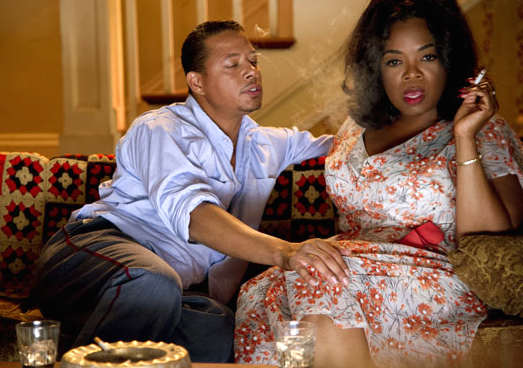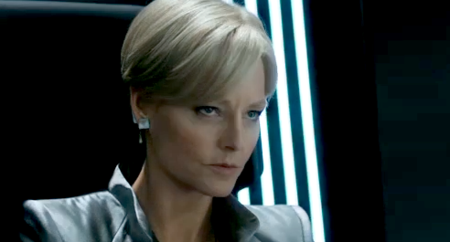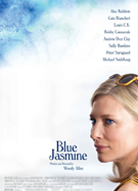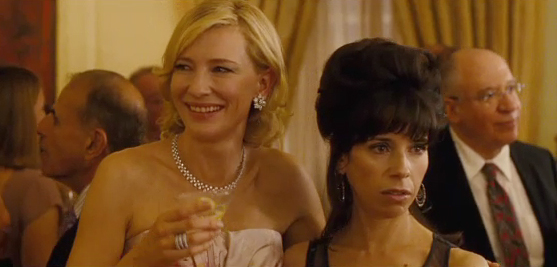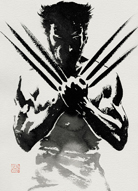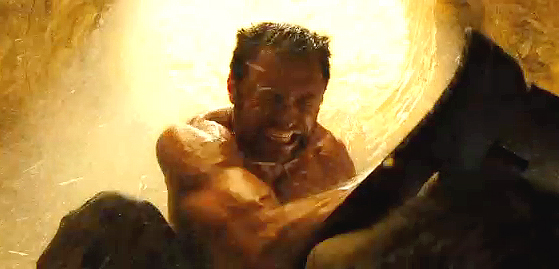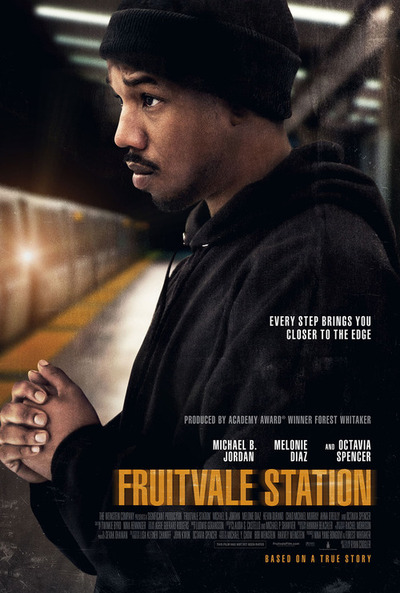Review: White House. Golden Oprah. Lee Daniels' The Butler
 Monday, August 19, 2013 at 2:00PM
Monday, August 19, 2013 at 2:00PM This review was originally published in my column at Towleroad
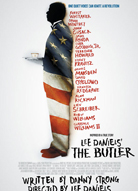 Somewhere in the vast middle of LEE DANIELS' THE BUTLER, a movie about a White House butler who served US Presidents from the Eisenhowers through the Reagans, there's a terrific agitated scene in which we leave the butler behind to check in on his wife Gloria. Gloria (Oprah Winfrey) and Howard (Terrence Howard), the neighbor she's turned to from loneliness, argue on a couch. Howard is trying to sweet-talk his way back into her bed. Gloria, guilt-ridden, distracts herself with chain smoking, occasionally side-eyeing him as if he were a buzzing nuisance and, damn, where is her fly swatter? Slick Howard begins spinning two of her clothes hangers in the air to visualize their parallel worlds. Gloria reacts with extreme annoyance to the comic pleasure of the audience -- Oprah gets one laugh after another, all of them blessedly intentional, in her rousing return to the big screen.
Somewhere in the vast middle of LEE DANIELS' THE BUTLER, a movie about a White House butler who served US Presidents from the Eisenhowers through the Reagans, there's a terrific agitated scene in which we leave the butler behind to check in on his wife Gloria. Gloria (Oprah Winfrey) and Howard (Terrence Howard), the neighbor she's turned to from loneliness, argue on a couch. Howard is trying to sweet-talk his way back into her bed. Gloria, guilt-ridden, distracts herself with chain smoking, occasionally side-eyeing him as if he were a buzzing nuisance and, damn, where is her fly swatter? Slick Howard begins spinning two of her clothes hangers in the air to visualize their parallel worlds. Gloria reacts with extreme annoyance to the comic pleasure of the audience -- Oprah gets one laugh after another, all of them blessedly intentional, in her rousing return to the big screen.
It's a weird but lively domestic hothouse scene that feels, at first, largely divorced from the movie containing it, a somewhat duller "greatest hits" tour of America's civil rights journey. But in its own peculiar way it's also the movie's key scene. [more...]
